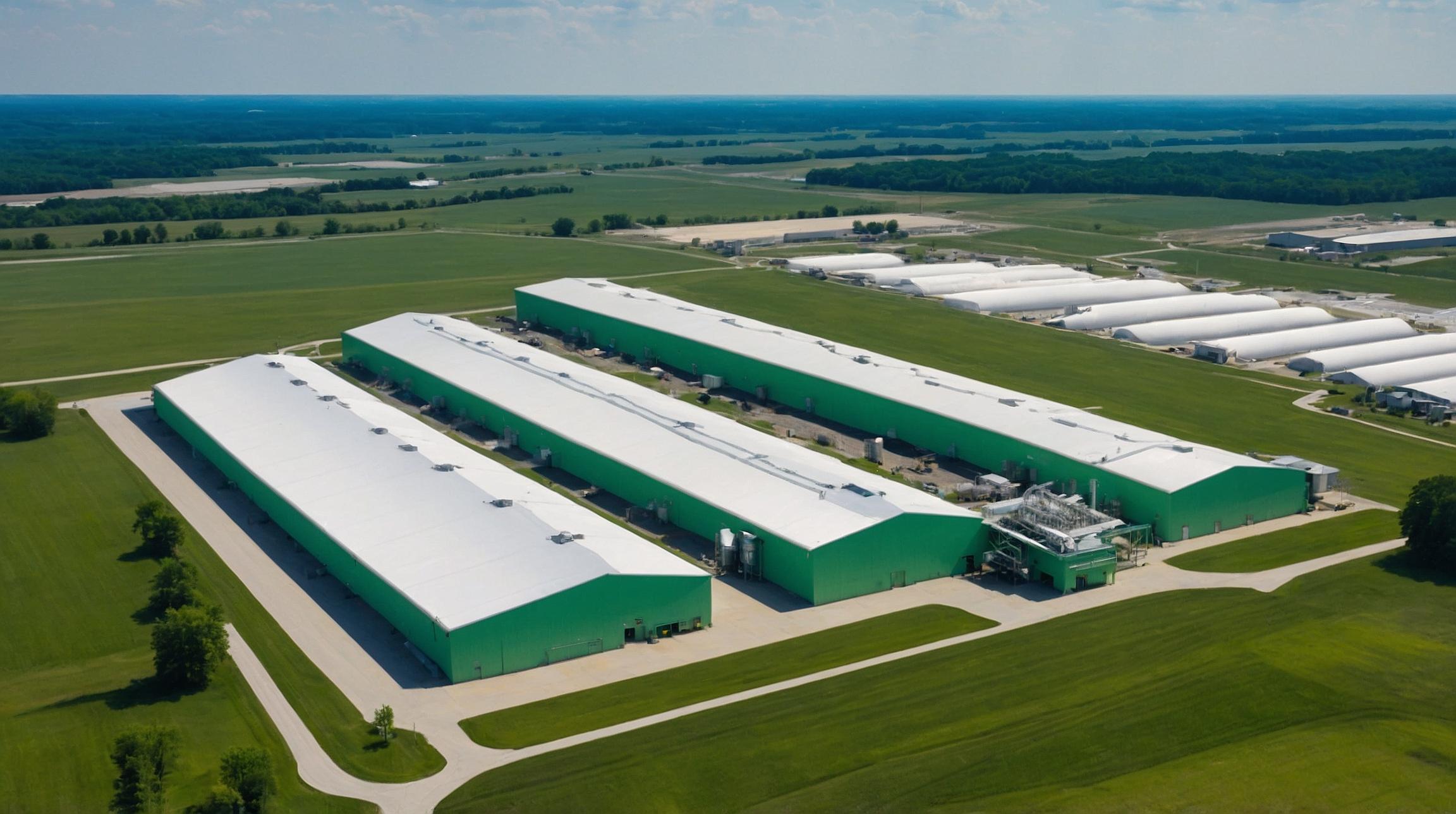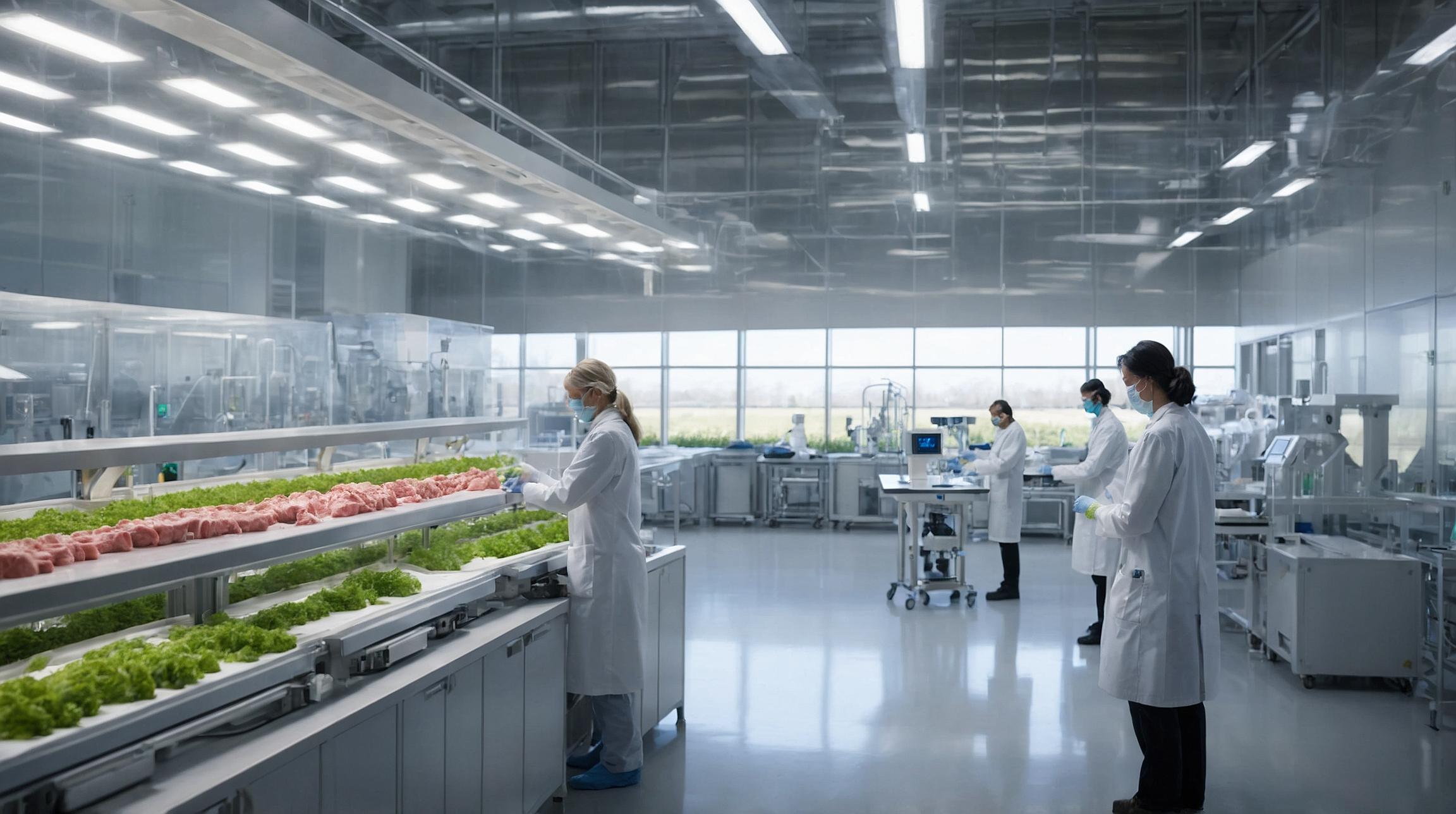Astra shifts resources to spacecraft thruster production as it seeks strategic investors
Astra, a space launch startup, has announced a strategic reallocation of its workforce, focusing on spacecraft thruster production instead of launch vehicle development. The company is actively seeking strategic investors to provide longer-term support. Despite reporting revenue of $0.7 million in the second quarter, Astra suffered an adjusted EBITDA loss of $33.1 million. The company’s cash and equivalents stand at $26.3 million, prompting the need for additional resources.
Astra reports Q2 revenue of $0.7 million with EBITDA loss of $33.1 million
Astra announced revenue of $0.7 million in the second quarter, falling within the middle range of its earlier guidance. Simultaneously, the company reported an adjusted EBITDA loss of $33.1 million. Astra’s cash and equivalents stood at $26.3 million, highlighting the company’s need for sufficient resources and financial support to meet customer commitments.
Layoffs and workforce transfers aim to boost production of Astra’s spacecraft thrusters
To focus on the production of its Astra Spacecraft Engine electric thrusters, Astra has initiated layoffs, reducing expenses by more than $4 million per quarter starting in the fourth quarter. Around 50 employees have been transferred from the launch vehicle division to the spacecraft propulsion unit. This move allows Astra to increase thruster production and fulfill its commitments to multiple customers. The company delivered four thrusters in Q2 and aims to deliver 8 to 12 in the third quarter.
Astra’s Rocket 4 vehicle test launches delayed to 2024 due to resource reallocation
Astra’s strategic shift towards spacecraft thruster production has resulted in a delay in the development of its Rocket 4 vehicle. Originally projected for a test flight before the end of 2023, the test launches are now scheduled for 2024, with no specific dates provided. The timing of paid commercial launches, scheduled for 2024, will depend on the results of these test flights.
Astra seeks new sources of capital and investors to sustain its financial runway
Although Astra is finding new sources of capital, such as a recent $10.8 million loan and plans to sell up to $65 million in Astra stock, the company’s financial runway is diminishing. Astra forecasts an adjusted EBITDA loss of $25 million to $29 million in the third quarter and expects to end the quarter with $15 million to $20 million in cash and equivalents. Astra is actively working with PJT Partners, an investment bank, to find potential strategic investments in its spacecraft engine business that will support its finances and provide the necessary runway.
Astra’s focused shift towards spacecraft thruster production comes with the aim of sustaining the company’s financial health and enabling it to seek new investors. While the development of its Rocket 4 vehicle faces delays, Astra believes the potential strategic investments in its spacecraft propulsion business, along with its backlog of orders and contracts, will contribute towards its long-term success.
Analyst comment
Positive news: Astra shifts resources to spacecraft thruster production as it seeks strategic investors
As an analyst, it is expected that Astra’s focused shift towards spacecraft thruster production will help boost production and fulfill commitments to multiple customers. The layoffs and workforce transfers will reduce expenses and increase efficiency. However, the delay in Rocket 4 vehicle launches might impact the timing of paid commercial launches. Astra’s search for strategic investors and new sources of capital is crucial to sustain its financial runway and long-term success.













